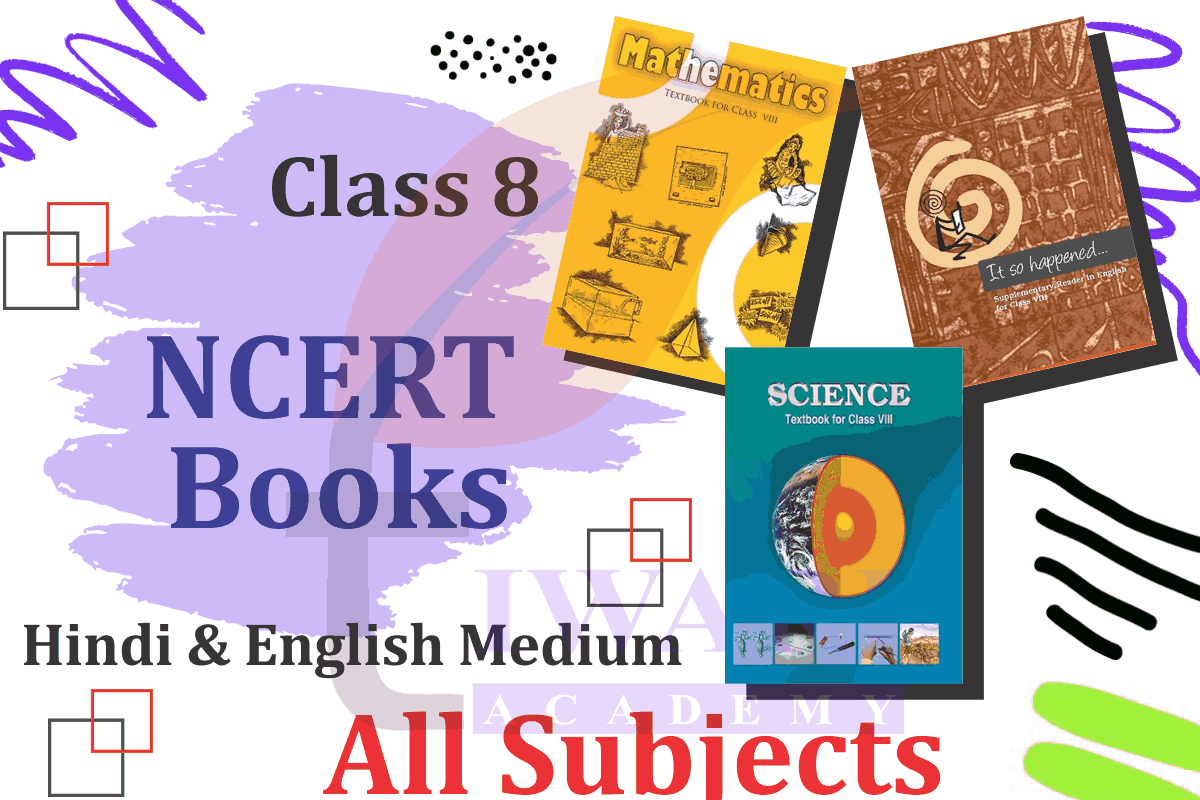In the academic journey of a student, particularly in Class 8, Bangla books play a vital role in shaping their understanding of the language, culture, and literature. The curriculum for Class 8 often includes a diverse range of subjects, but the significance of learning through native language literature cannot be overstated.
Bangla books designed for Class 8 not only enhance linguistic proficiency but also deepen cultural awareness. These books often feature stories, poems, and essays that reflect the rich heritage and tradition of Bengali literature. Engaging with these texts allows students to explore themes that resonate with their own experiences, fostering a sense of identity and belonging within the larger context of their culture.
Moreover, the reading material is curated to develop critical thinking. As students analyze characters, plot twists, and the author’s intent, they learn to appreciate different perspectives. This analytical skill is crucial for academic success in higher classes and beyond. By engaging with a variety of genres—be it fiction, non-fiction, or poetry—students broaden their understanding and appreciation of literature.
In Class 8, the curriculum often emphasizes comprehension and analytical skills. Bangla books provide an excellent medium for honing these capabilities. For instance, discussions around a story’s moral lessons or the historical context in which a poem was written encourage students to think critically and articulate their thoughts. This not only prepares them for exams but also enriches their intellectual growth.
Furthermore, interaction with peers during group discussions about Bangla books can enhance collaborative learning. Sharing interpretations and favorite passages fosters a classroom environment rich in learning and engagement. Such discussions cultivate communication skills, essential for future academic pursuits and professional life.
In addition to academic benefits, reading Bangla literature can instill a love for storytelling and creativity. Encouraging students to write reflections or creative pieces inspired by their readings can spark their imagination. These activities can lead to a deeper appreciation for the art of writing and storytelling—a passion that can flourish even beyond their school years.
Lastly, providing access to a wide range of Bangla books is crucial. Schools should facilitate libraries stocked with contemporary and classic literature appropriate for Class 8. This ensures that students can develop a habit of reading, exploring literature that resonates with their interests, and encouraging lifelong learning.
In conclusion, Bangla books are indispensable for Class 8 students. They provide not just educational value but also a connection to their culture and heritage. The skills developed through reading and engaging with Bangla literature are essential for their overall growth, making it a vital component of the educational framework. As we move forward, let us continue to promote the importance of reading in our native language, ensuring that every student can benefit from the richness of Bangla literature.
